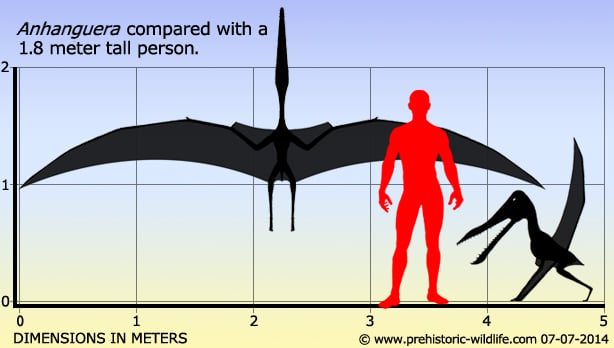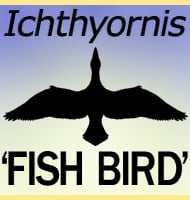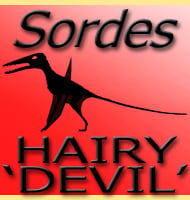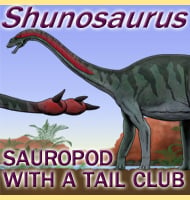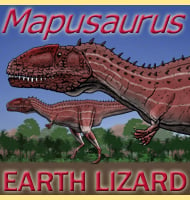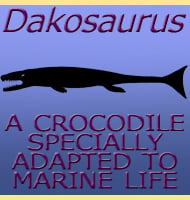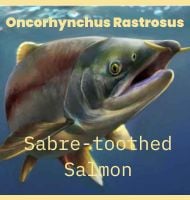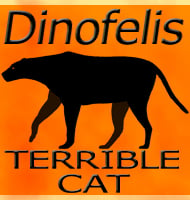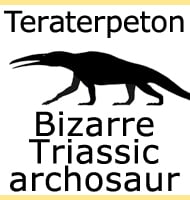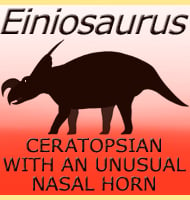In Depth
Like Ornithocheirus, Anhanguera had rounded crests on both the tip of its snout and lower jaw. Also the jaws broadened towards the tip with the sharp thin teeth pointing outwards in what is often referred to as a rosette. This arrangement greatly increased the ‘catch area’ for Anhanguera as it flew over the water looking for fish. Anhanguera also had a smaller crest rising up from the back of its skull. This is quite a common feature amongst the advanced pterosaurs, though the crests of ornithocherid pterosaurs were not as dramatic as others such as Pteranodon and Nyctosaurus.
With remains of Anhanguera being recovered in so many far reaching places, it seems that Anhanguera had a cosmopolitan distribution with the genus being represented by different species all over. However many of the species have since been found to represent other earlier named species. Anhanguera is also similar to the Chinese pterosaur Liaoningopterus.
Further Reading
– Panorama of the flying reptiles study in Brazil and South America. – Anais da Academia Brasileira de Ci�ncias 57(4):453-466. – D. de A. Campos & A. W. A. Kellner – 1985. – Un novo exemplar de Anhanguera blittersdorffi (Reptilia, Pterosauria) da forma�ao Santana, Cretaceo Inferior do Nordeste do Brasil [A new example of Anhanguera blittersdorffi (Reptilia, pterosaur) from the Santana Formation, Lower Cretaceous of Northeastern Brazil]. In Congresso Brasileiro de Paleontologia, Rio de Janeiro, Resumos, p. 13. – – D. de A. Campos & A. W. A. Kellner – 1985. – Description of a new species of Anhangueridae (Pterodactyloidea) with comments on the pterosaurfauna from the Santana Formation (Aptian–Albian), northeastern Brazil. – Tokyo, National Science Museum (National Science Museum Monographs, 17). – A.W.A. Kellner & Y. Tomida – 2000. – Description of Coloborhynchus spielbergi sp. nov. (Pterodactyloidea) from the Albian (Lower Cretaceous) of Brazil. – Scripta Geologica, 125: 35-139. – A. J. Veldmeijer – 2003. – Anhanguera taxonomy revisited: is our understanding of Santana Group pterosaur diversity biased by poor biological and stratigraphic control?. – PeerJ. 5: e3285. – F. L. Pinheiro & Taissa Rodrigues – 2017.
